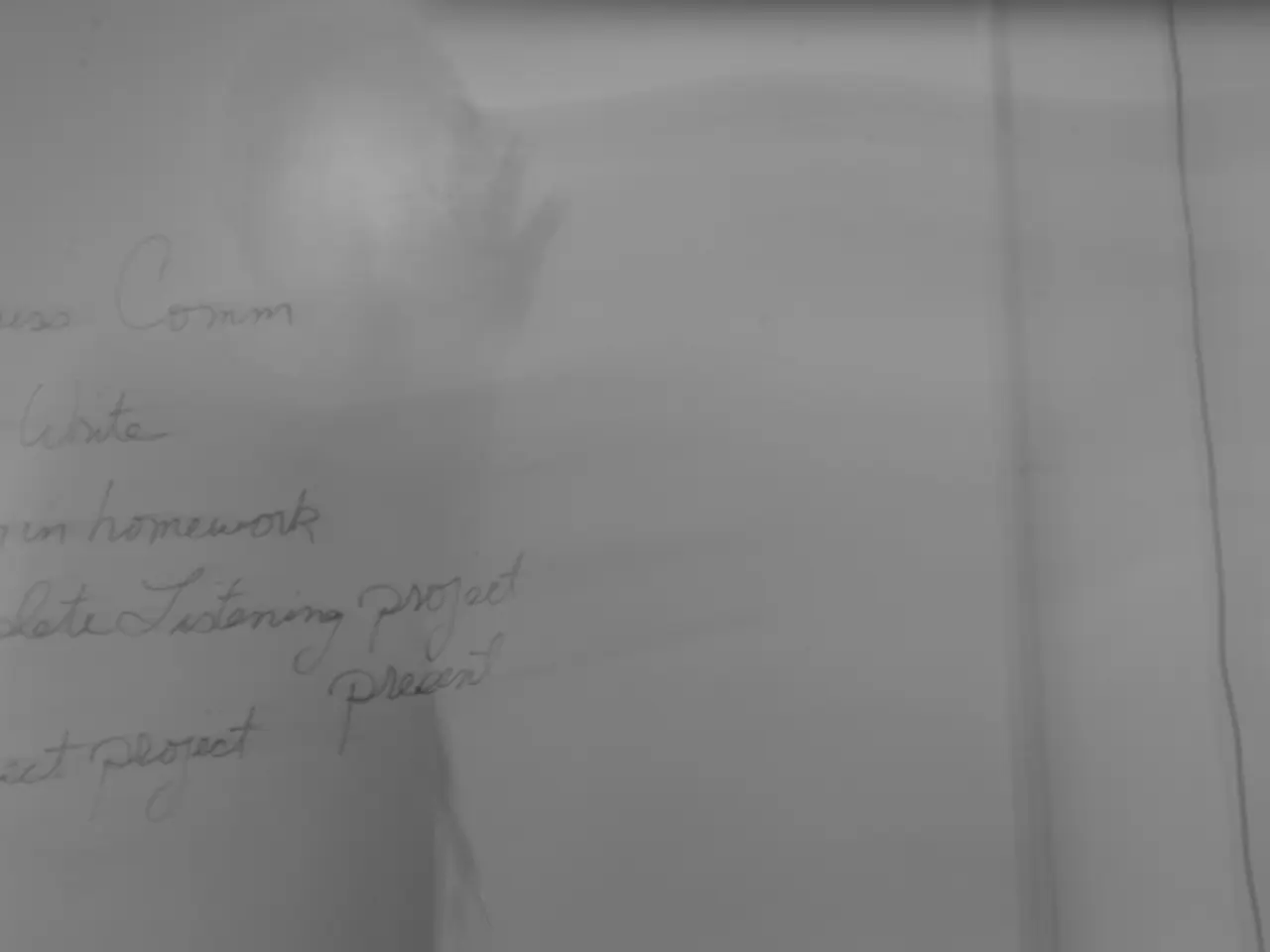Raising the Minimum Wage: A Bitter Pill to Swallow?
Raising of Minimum Wage Surpasses 20 Euros in Nation
A hike in the minimum wage to €15 per hour might seem like a step in the right direction. However, the debate behind the scenes is far more complex than it appears.
A Power Struggle Over the Minimum Wage: Money Matters Most
The decision is looming—by the end of June, the Minimum Wage Commission will announce its verdict: will the minimum wage increase on January 1, 2026, or will it remain the same at €12.82? With such a wage, many struggle to make ends meet. Behind closed doors, there's intense pressure: social democrats are pushing for a significant increase to €15 per hour.
In public, they claim to abide by the commission's decision. However, the familiar power struggle continues quietly: employee representatives against employer associations. The latter are already warning of potential economic damage if the minimum wage increases so much. Employer associations like Gesamtmetall, led by Oliver Zander, are vehemently against the increase.
The Minimum Wage Increase and Old-Age Poverty: A Looming Crisis
Adhering to EU Minimum Wage Directive, adopted in October 2022, a full-time job should earn at least 60% of the national median wage. Unfortunately, even a minimum wage of €15 doesn't prevent old-age poverty. A calculation by Focus Online reveals that someone working at this level for 45 years would end up with around €1,043 net pension—well below the poverty line of €1,380. To secure a decent pension, the minimum wage would need to exceed €20. But politics seems unwilling to acknowledge this reality.
The Truth Seeps Out: Minimum Wage Policies Alone Aren't Enough
Despite raising the minimum wage, the primary concern of old-age poverty reduction stems from pension adequacy, social security reforms, improving access to affordable healthcare, and targeted community programs. Minimum wage increases should be considered part of a broader policy mix to combat poverty across the life course.
In essence, while increasing the minimum wage has its benefits, it alone cannot comprehensively address old-age poverty. A nuanced approach that caters to the multifaceted nature of poverty reduction is crucial for a successful outcome. Hopefully, the Minimum Wage Commission takes this complexity into account when making its decision. If not, the pastime of politics might soon become the elderly's bitter reality.
Finance ministers are closely watching the Minimum Wage Commission's decision, as it could have significant implications for the country's economy. The proposed increase in the minimum wage to €15 per hour is a hot topic in the realm of general-news, with both businesses and politics deeply engrossed in the debate.
If the minimum wage rises to €15, it might alleviate struggles for some, but calculations suggest that even this level of wage would still leave many retirees in old-age poverty. Thus, the policy needs to be part of a broader strategy that includes addressing pension adequacy, social security reforms, healthcare costs, and community programs to effectively combat old-age poverty.




